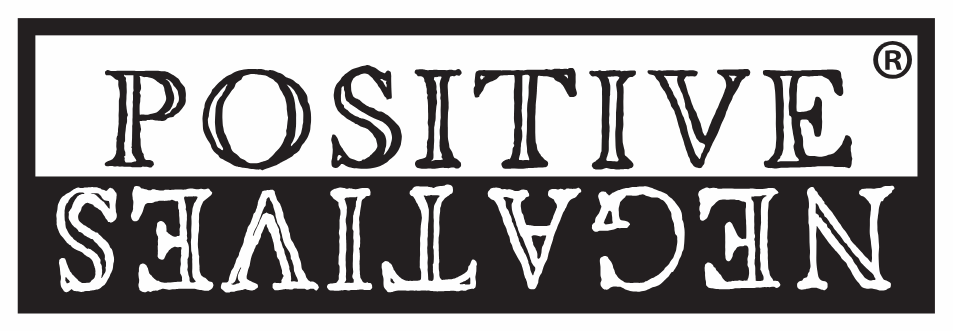Women are subject to significant gender inequality, disempowerment, physical and psychological abuse (gender based violence (GBV)) in the traditionally patriarchal societies of francophone West Africa. This is exacerbated in conflict-affected areas. It can be (mass) rape as a weapon of war, transactional sex-for-food/shelter, sex trafficking, slavery, intimate partner violence (sexual abuses, beatings, marital rapes) and risks of attack and rape when walking long distances to fetch wood and water, considered a woman’s job. Social norms, heavy taboos surrounding gender-based violence and a culture of victim-blaming are guaranteeing men’s impunity.
This has resulted from many having been forced to flee their homes following the massacres of husbands and other male relatives or their forcible recruitment into armed groups which, in turn, has increased the vulnerability of displaced women and girls. They are at increased risk of gender-based violence, and cases of food-for-sex are widespread, including from local community leaders apparently registering people for humanitarian aid. Gender-based violence is covered by the legal framework, but survivors rarely pursue legal action because of shame, lack of money, and lack of family support. Furthermore, social norms justify and normalise domestic violence regardless of the security situation and resultant displacement. Over a third of the population in Burkina Faso agree that husbands are justified in beating wives in certain circumstances.
In this patriarchal society, discriminatory social norms dominate. Women’s freedom of movement is restricted, yet they remain obliged to perform all domestic tasks, including fetching water and firewood at increasing distances from the home. Women and young girls are given these tasks, as they are considered too dangerous for men to carry out because men are more likely targets of terrorist attacks. Women are, therefore, exposed to risks of sexual and physical attacks simply by going beyond the alleged safety of their compounds. They also suffer physical and sexual violence and an increased risk of early and forced marriage to ease families’ financial burdens, and sexual exploitation is widespread. This suffering is exacerbated as these topics remain taboo. It is often considered better for women to remain silent about violence committed against them than face repudiation or rejection from families.
Radio is the main source of information and is trusted. IDP communities need radio for multiple purposes: to gain recognition for their condition, to feel part of the population, to relay their own information, and to receive information, hear about their home villages, and receive educational broadcasts. Through regular broadcasts in national languages and many formats (news, debates, soap operas, magazines), accessible, timely and accurate information can reach isolated and marginalised communities, providing knowledge, enhancing understanding of complex and new situations, and countering misinformation.
Radio is also widely accessed through listening clubs or associations. These clubs are linked to local radio stations and are community spaces allowing collective listening sessions to be organised. Women may group around a loudspeaker, sound systems or solar radios, listen to radio together, then discuss the topic and pass on information to those who couldn’t listen.They are important not only for the information they provide and opportunities for listeners to discuss topics together, but also they bring together communities splintered because of intra community tensions. Women have used these community spaces to set up income generating activities. The money from these activities, however meagre, means that women are slightly less vulnerable to conflict-related GBV as they are more empowered and slightly more financially secure.
‘Women who were part of a listening group in Ouahigouya decided to get together, get themselves organised and set up an association and create a network of women. When they listened to the radio broadcasts, they got lots of ideas, and they decided to set up their own associations. They’ve succeeded in setting up many income-generating activities. This is such a good result for these women, the empowering effect of such groups is evident.’
‘The small income was an empowering opportunity for these young women. One, for example, managed to purchase some sheep and now has a small flock. One makes bags to sell, and another has paid for her own schooling. Another, who fled her home village having seen her parents massacred, is now working for an NGO as a representative of vulnerable people in the field of education doing regular training sessions.’
NGOs come to these associations to raise awareness about GBV, including issues like forced marriage, safety, and domestic violence. These visits reinforce radio information, promote change in behaviour, improve women’s self-esteem, self-confidence, and ability to act as agents of positive change in their communities.
Therefore, more needs to be invested in:
- better and wider use of radio
- greater accessibility, and more support for listening associations/clubs
- more interactive awareness-raising via radio broadcasts
- improving journalism training on these topics, which is currently gendered
- producing programmes on training and opportunities, such as snapshots of those who have successfully returned to their trade or who have established a new one, which helps IDPs maintain aspirations and wellbeing.
- repeat broadcasts or ‘booster’ campaigns, which are needed to improve and reinforce understanding
